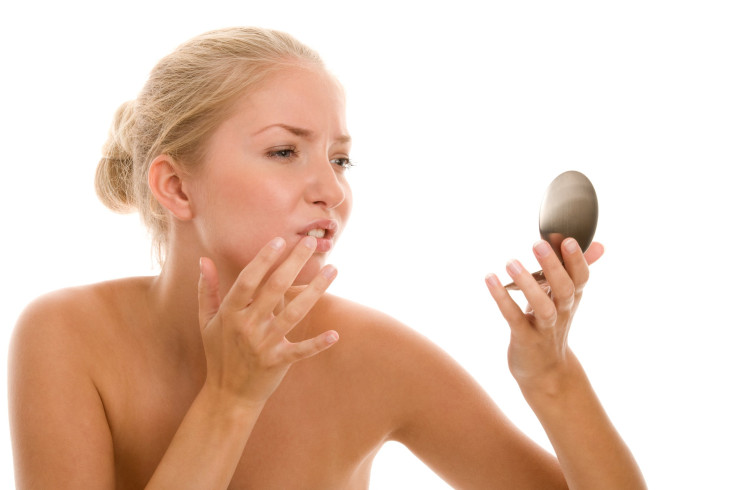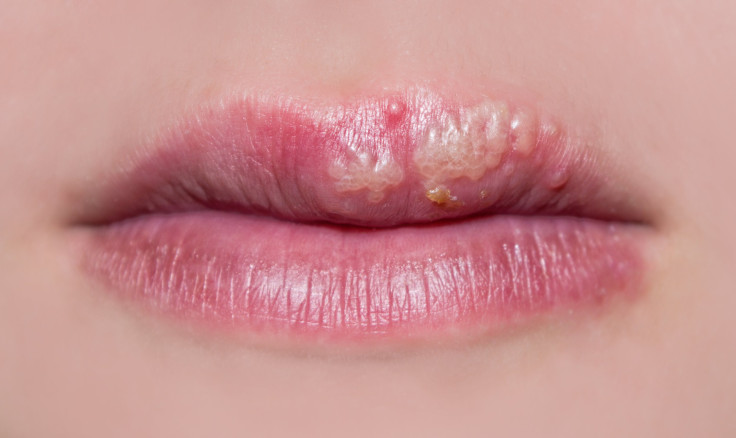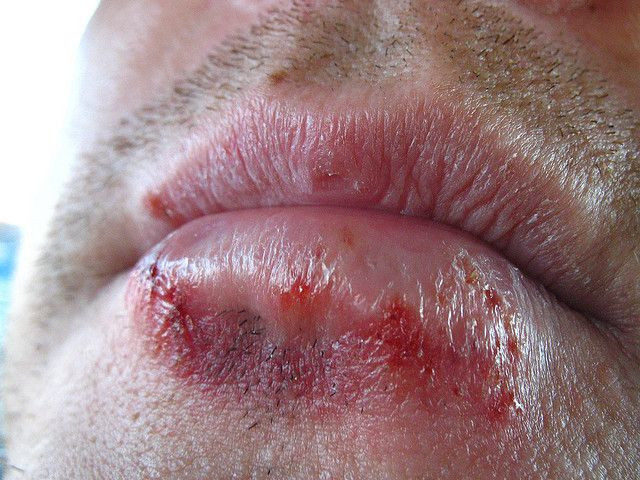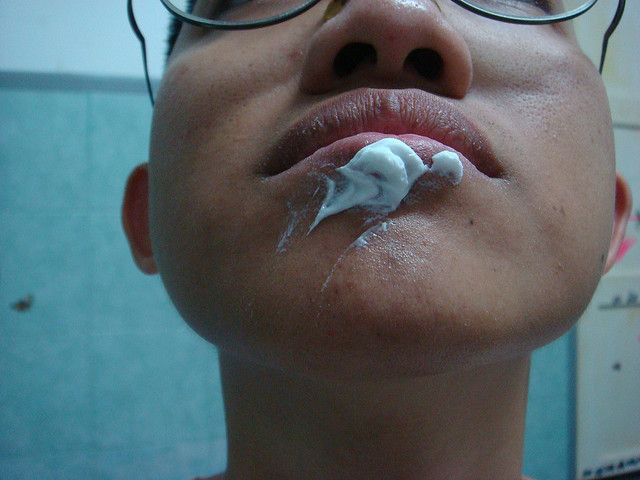Cold Sores Aren't What You Think: Here Are Some Natural Ways To Help Clear Them Up

Cold sores can ruin just about anyone’s day. They are nearly impossible to hide and often leave you feeling as though people are more interested in what’s on your mouth than the words that are coming out of it. Thankfully, there are a few natural remedies that can clear up your blisters quickly in order to have you looking your best as soon as possible.
Cold sores, fever blisters, and herpes labialis are all names for the fluid-filled blisters that occur on or around the lips. They can occur as a single blister, or several may appear all clustered together. The blisters then open and leave an open sore, which can take weeks to heal. You may be surprised to learn that basically the only difference between cold sores and genital herpes is the area of the body where the lesions are found.

Cold sores are herpes... on your mouth?
Cold sores are most commonly caused by the herpes simplex virus, HSV-1. It was recently discovered that they may also be caused by HSV-2, the virus mostly responsible for genital herpes sores. Both variants of the herpes virus are interchangeable and can occur anywhere on the body.
Cold sores are really contagious. The virus is spread through saliva, and one can easily acquire it through kissing or using the same utensil as an infected individual. The virus can also be spread through semen or vaginal fluid. It enters the body through broken skin or mucous membranes, such as those in the mouth or genital area. Before you start to panic that the herpes virus is everywhere, relax.
Chances are you probably already have it. It is estimated that nearly 90 percent of American adults carry the HSV-1, and many of these individuals have never even experienced a cold sore before. Aside from causing irritating lesions, the cold sore virus is basically harmless. The only times where HSV-1 can be dangerous are in individuals with weakened immune systems or in infants.

So, how do you get rid of them?
Like all viruses, there is no cure for herpes. Once you are infected with the virus, it remains in your body for life. Some individuals experience only one breakout in their lifetime, and some never experience any breakouts. For others, cold sores become something they can expect a few times a year. Luckily, the sores typically fade away in about two weeks. If you are part of the population that does experience these recurring lesions on your lips, you may be happy to learn there are a number of natural treatments that can help. These natural treatments are known to reduce the pain of the cold sores, cause them to heal faster, and may lower the number of cold sores recurrences you experience.
Zinc
Zinc is a trace mineral needed for many important functions in the body. It is available through foods such as beef, pork, shellfish, peanuts, and legumes. It has been found that when people apply zinc oxide cream to cold sores, they heal faster than those who apply a placebo cream. Also, those who used a solution containing zinc oxide saw a decrease in cold sores symptoms and experienced the sores for less time. Zinc, however, is known to interact with certain antibiotics and drugs, and when taken in high doses it can be dangerous.
Lemon Balm
Topical ointments that contain lemon balm, the extracts of the lemon leaves, can be helpful with treating cold sores. Participants who applied lemon balm cream to their lip sores saw a reduction in redness and swelling after only two days.

Bees Wax
Propolis is a natural resin that bees make to build their hives. It is created from the buds of trees, bees wax, and other bee byproducts. Historically, the solution was used to treat wounds and abscesses. In test tubes propolis stops the HSV-1 from reproducing. When used in a topical solution propolis causes cold sores to heal quickly and reduces some of the pain.
Lysine
Lysine is an amino acid found in the protein of foods such as beans, cheese, yogurt, meat, milk, and other animal proteins. It has also been found to reduce the number of recurring outbreaks of cold sores, and help shorten the length of the outbreak. You can add lysine to your diet by taking lysine supplements or getting it from food such as fish, chicken, eggs, and potatoes. Be careful with your lysine intake, though. High levels can increase the amount of calcium your body absorbs, and it can also have adverse side effects on individuals with high cholesterol.
Published by Medicaldaily.com



























